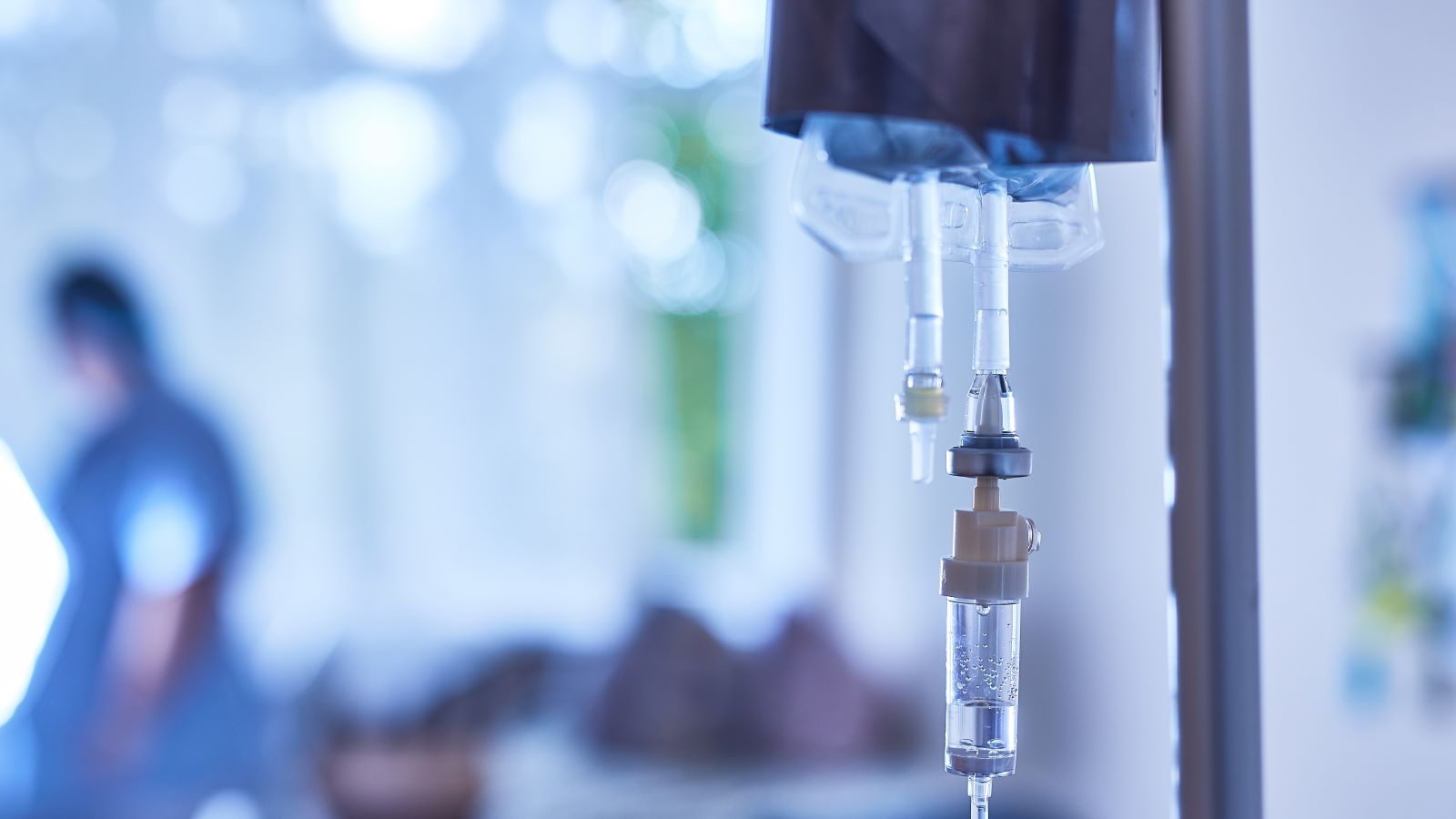If you’re facing cancer, so much can seem out of your control. But with a few strategies, you can still have some power over how you feel — in mind, body and spirit — as you get through chemotherapy.
A cancer expert shares tips.
1. Start a gentle exercise routine.
If you’re experiencing the bone-deep exhaustion that often accompanies chemotherapy, exercise may be the last thing on your mind. But it helps, both short- and long-term.
“Exercise during treatment can help with fatigue. It can also lead to a faster recovery,” says medical oncologist Brian Byrne, MD, chief of Hematology/Oncology at The Hospital of Central Connecticut.
A little goes a long way. Try a 10-minute walk around your neighborhood, or some gentle yoga poses in your living room.
> Related: 6 Tips for Getting Through Radiation Treatment
2. Prioritize rest and recovery.
When it comes to managing your energy, exercise is one side of the coin. Rest is the other.
So schedule rest periods into your day, like an afternoon nap. And as you go about the rest of your activities, listen to your body.
“Don’t push yourself to the point of exhaustion. Slow down when your body is telling you to slow down,” says Dr. Byrne.
3. Keep up familiar routines.
Amid all the challenges of treatment, regular old routines can be a surprising comfort.
Aim to wake up, eat, and go to bed at the same time each day, and make time for familiar hobbies, even if you have to modify them. If you’re a reader, aim for a few chapters each day. If gardening’s your passion, find a shady spot to sit and prune your flowers.
“Try to maintain as much normalcy as possible,” says Dr. Byrne.
4. Maintain your social connections.
Isolation is its own kind of health risk. During chemotherapy, keep your support system active.
Attend social events when you feel up to it, even if it’s just for a short time. Or plan a low-key movie night with friends at home, where you can enjoy each other’s company in a comfortable setting.
“Try to avoid actively sick people, but don’t shut yourself up in the house,” says Dr. Byrne.
5. Be honest with your family.
Maybe you want a fun distraction. Maybe you want a sounding board. Maybe it depends on the day.
Have a candid conversation with friends and family about how they can support you, whether it’s running errands, cooking meals, or simply being there to listen.
Tell them your doctor has a request too: “Family members, don’t force food or make your loved one eat if they’re not feeling well,” says Dr. Byrne. “This is one of the areas where patients and families get into the most arguments.”
6. Tell your doctor about your side effects.
They can help with everything from pain to nausea to skin dryness to anxiety. In many cases, they can prescribe medication, or connect you with alternative therapies like acupuncture and physical therapy. They can also suggest other experts to add to your team, like a therapist who specializes in cancer care.
Bottom line: Don’t endure side effects in silence.
“If we know what you’re experiencing, we may be able to help your quality of life going through the chemo,” says Dr. Byrne.



